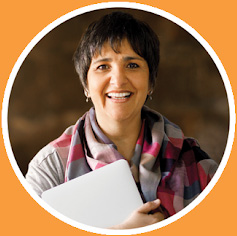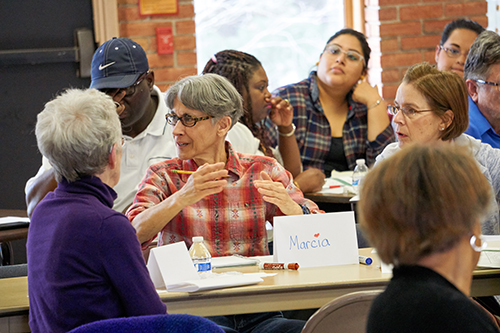-
Program
Administrator
ToolkitA Guide to Implementing and Managing Community-Based Adult ESOL Classes and Programs
-
You are here
Chapter 21: Professional Development for Instructors
Improving Skills- Chapter 21
Professional Development for Instructors
♦ PROVIDER TIP
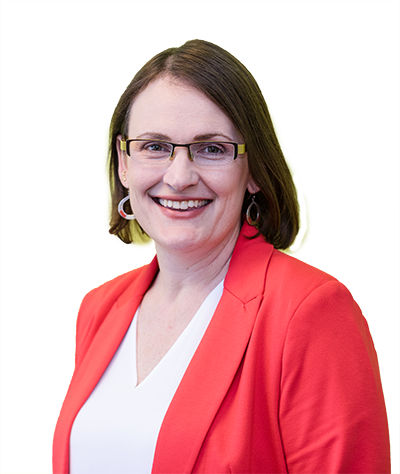
What advice do you have on professional development for teachers?
Stacey Fannon, ESOL Program Manager
Briggs Center for Faith and Action
FIRST OFFERED ESOL INSTRUCTION: 1998
The addition of a part-time program manager in 2016 has enabled the Briggs Center to focus on program improvement, including professional development for its all volunteer instructor team.
2017–18 DATA
CLASS SITES: 2 LEVELS: 6 TOTAL ENROLLMENT: 239 unique/476 duplicated
“The program manager should continuously look for professional development opportunities for the instructors. The most useful opportunities are inexpensive (or free), close by, interactive, and taught by experienced instructors. The number of our instructors that participated in MCAEL’s free trainings increased from the previous year, because I asked all instructors to subscribe to the MCAEL listserv, which is how MCAEL announces its trainings. MCAEL sends out an announcement on the day registration opens for workshops. I also immediately forward the email to all my instructors urging them to register. Also, more instructors (especially our new instructors seeking additional teacher training) now use free online training such as YouTube videos and Coursera courses. I ask all instructors to share resources with me so that I can recommend them to the other instructors. This sharing of resources improves communication, builds community, and increases morale and learner gains.”
"Sharing of resources improves communication, builds community, and increases morale and learner gains"
With our ESOL specialist’s support, teachers have been able to integrate best practices and respond to student evaluations/requests. The teachers have sought more practical and relevant material for their students via internet resources, including the Ventures website, and then share with one another. The teachers very much like and benefit from the ESOL specialist teacher meetings where they can share accomplishments, discuss issues, and ask questions of colleagues or the ESOL Specialist. These meetings are often where new programmatic ideas are born.”
♦ PRACTICE EXAMPLE
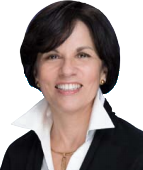 Ana. A. Brito Foundation
Ana. A. Brito Foundation
Marta Brito Perez, former PresidentEnglish Literacy Program
ESOL INSTRUCTION BEGAN: 1985
The Ana A Brito Foundation was founded in 2014 to support the growth of existing English and computer classes at Epworth United Methodist Church in Gaithersburg.
2017–18 DATA
CLASS SITES: 1 CLASS LEVELS: 5 TOTAL ENROLLMENT: 159 unique/260 duplicated“It is sometimes a challenge for our volunteer teachers to attend professional development training offered by MCAEL or other sources because of their many obligations, but the pro-gram found a solution in hiring an ESOL consultant who is serving as a teaching advisor and professional development facilitator. To improve on the methodology, she encourages teacher participation in professional development (MCAEL-sponsored training, self-training) and peer-teaching after receiving the training.
"Teacher meetings are often where new programmatic ideas are born."
With our ESOL specialist’s support, teachers have been able to integrate best practices and respond to student evaluations/requests. The teachers have sought more practical and relevant material for their students via internet resources, including the Ventures website, and then share with one another. The teachers very much like and benefit from the ESOL specialist teacher meetings where they can share accomplishments, discuss issues, and ask questions of colleagues or the ESOL Specialist. These meetings are often where new programmatic ideas are born.”
♦ NOTES FROM THE FIELD
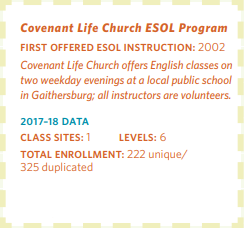 Rosa Goyes at the Covenant Life Church ESOL Program talks to us about benefits of professional development offered by MCAEL.
Rosa Goyes at the Covenant Life Church ESOL Program talks to us about benefits of professional development offered by MCAEL.Your instructors have participated in professional development offered by MCAEL. These trainings are at their main site and are open to providers throughout Montgomery County. What benefits have you seen from attendance in these workshops?
“Many CLC ESOL volunteers embraced training opportunities that MCAEL has provided with enthusiasm. As a result, they gained significant confidence and improved greatly in their teaching abilities, and it has contributed substantially to the program’s success.
"CLC volunteers…gained significant confidence and improved greatly in their teaching abilities.."
For example, classroom teachers have expressed enthusiasm for the Color Vowel and Pronunciation trainings that were offered by MCAEL. These were new concepts for our teachers, and some teachers made great changes to their classroom teaching methods in response to these seminars. This has benefited the students and made English concepts more accessible to them. We have also seen increased confidence and commitment from our volunteer instructors because of access to training and their association with the MCAEL community of ESOL providers. Several teachers have expressed an interest in pursuing advanced training in the topics offered by MCAEL. They also appreciated the opportunity to meet like-minded volunteers and educators from other ESOL programs and have gained an appreciation for being part of a larger English literacy community.”
"Better trained teachers improve the quality of the classes and yields higher retention in volunteers and students."
MCAEL also arranged for trainers to come out to your location to conduct the two-day training called “More Learning, Less Teaching,” designed to help ESOL instructors gain practical skills needed to work effectively with adult learners. Why did you choose to do this?
“I had taken the More Learning, Less Teaching training years prior and benefited from the hands-on, practical and comprehensive training.”
What was the impact of the training on your program?
“Our volunteers told us how much they felt they had learned and the ideas/tools the training gave them to use in their classes. We saw how they implemented some of the activities in their classrooms. This also helped our volunteers get to know MCAEL, and more of our volunteers have participated in the different workshops offered since then. Like we have expressed in the past—better trained teachers feel more confident in their classrooms which improves the quality of the classes and also yields higher retention in volunteers and students. We would love to be the hosts of another training!”
